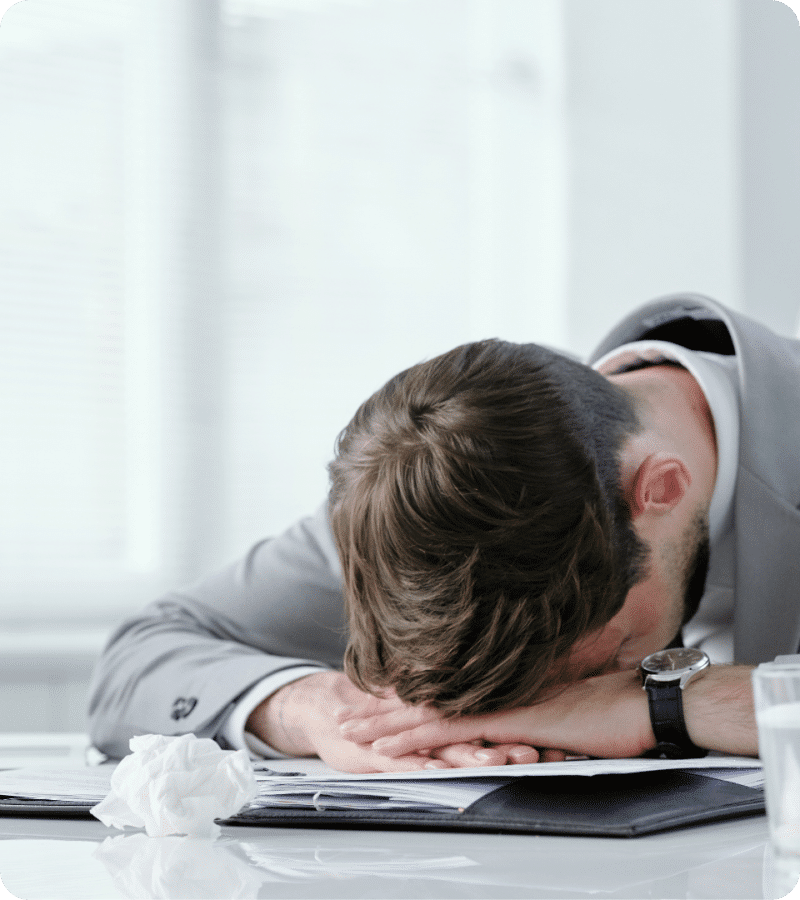
Sleep and well-being go hand in hand, and a good night’s sleep is as important to your overall health as a balanced diet and regular exercise. If you snore or regularly wake up tired or low on energy, you may not be getting the quality sleep your body needs.
Do you sleep well?
Not getting a good night’s sleep can mean more than just feeling sleepy during the day. It can have long-term effects on your health and your relationships. But we have good news. You can improve your sleep and well-being with a series of well-documented steps to get a good night’s sleep.
If you learn how to improve your sleep, you’ll be on your way to getting the energy to live life the way you want to.
Try these simple tips for better quality rest.
Tips for better sleep
Create sleep routines
Get your body used to going to bed and getting up at the same time every day. You will find it easier to fall asleep at night.
Understand your personal sleep needs
A good night’s sleep involves at least six, and ideally up to eight hours of sleep.
Take advantage of natural light
Natural light helps our bodies secrete melatonin, a hormone that regulates the sleep-wake rhythm.
Create a suitable sleeping environment.
Make sure the bedroom is ventilated, quiet and as comfortable as possible for you to fall asleep.







